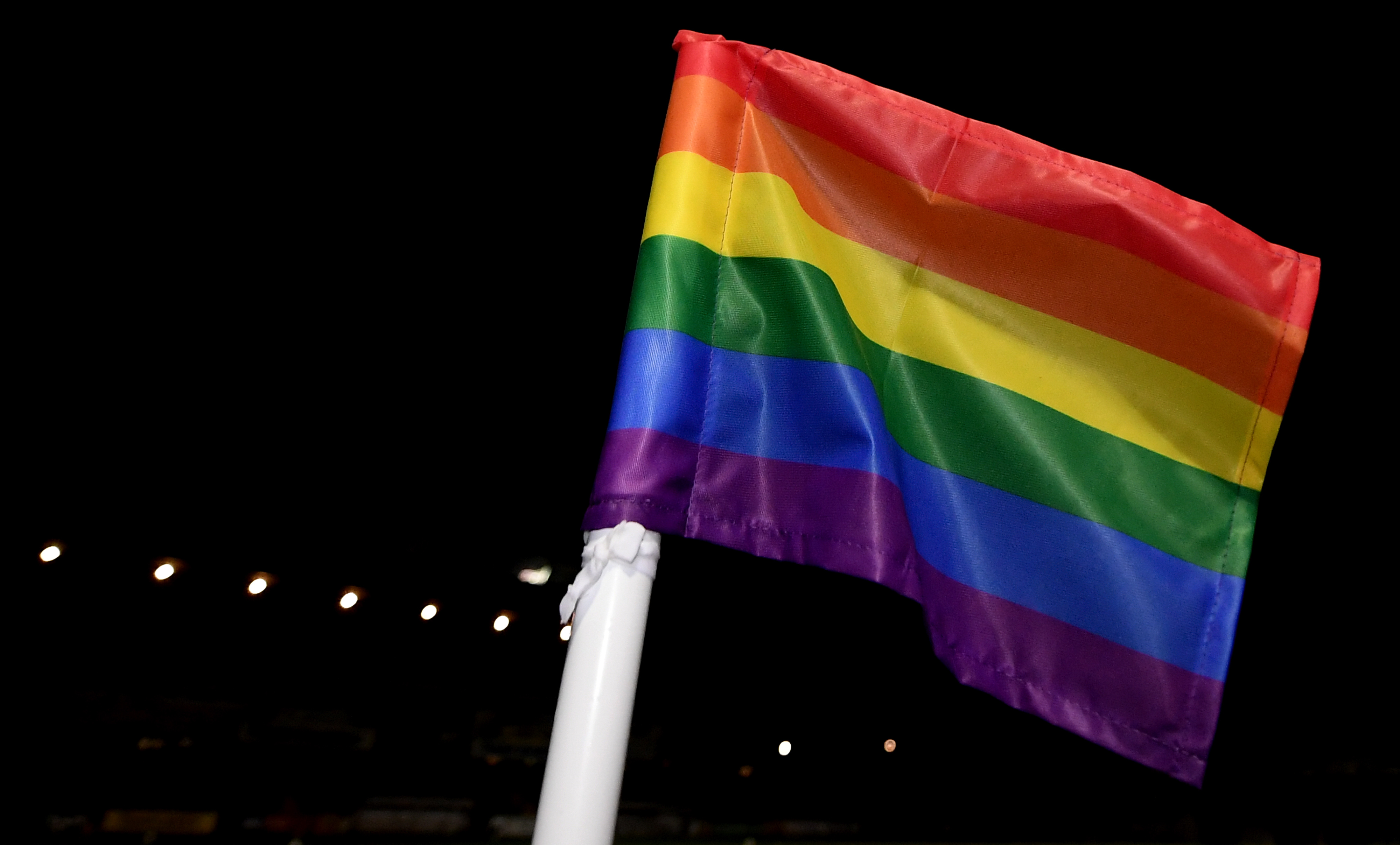
MORE than half of British people think it is important to challenge homophobic language at live sporting events but only one quarter feel confident enough to do so.
Those are the key statistics from a new survey on attitudes to discrimination at sports events by Stonewall, the UK’s leading charity for lesbian, gay, bisexual and trans (LGBT) equality.
In a statement, Stonewall director of sport Kirsty Clarke said: “Sport is one of our strongest tools for social change, which is why it’s so powerful to see so many people wanting to do more to support LGBT people and challenge anti-LGBT abuse in sport.
“Over the past few years, we’ve seen inspiring work from many sporting associations who are committed to creating an inclusive and welcoming atmosphere.
“We want more players, fans, clubs and organisations to join in and understand how they can play a part in changing attitudes and standing up for LGBT equality. Our work won’t be finished until every lesbian, gay, bi and trans person, from fans to players, is accepted without exception.”
The publication of the research, which is based on a poll of 1,000 British adults, coincides with the start of Stonewall’s annual Rainbow Laces campaign.
Professional and amateur players from a range of sports are invited to wear the distinctive laces until December 7 to show their support for LGBT people.
A key focus for Stonewall this year will be how to change the survey’s “hesitant allies” into “active allies”.
The charity has suggested some tips that everyone can try, which include wearing rainbow laces, minding your language and reporting abuse.
Stonewall’s research comes a day after Kick It Out, the equality and inclusion organisation, reported a sixth straight annual increase in reports of discriminatory language in English football.

Enjoy the convenience of having The Sunday Post delivered as a digital ePaper straight to your smartphone, tablet or computer.
Subscribe for only £5.49 a month and enjoy all the benefits of the printed paper as a digital replica.
Subscribe